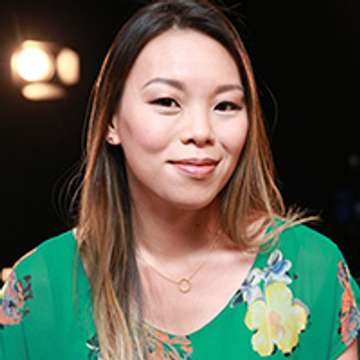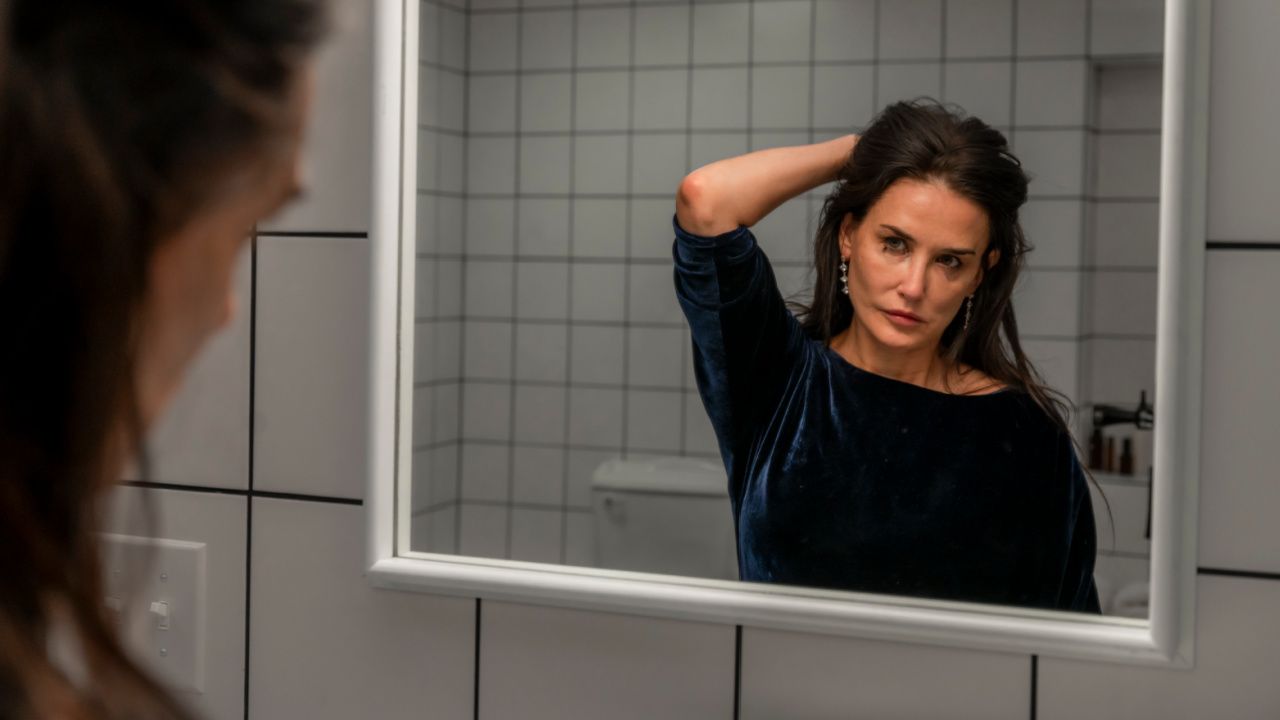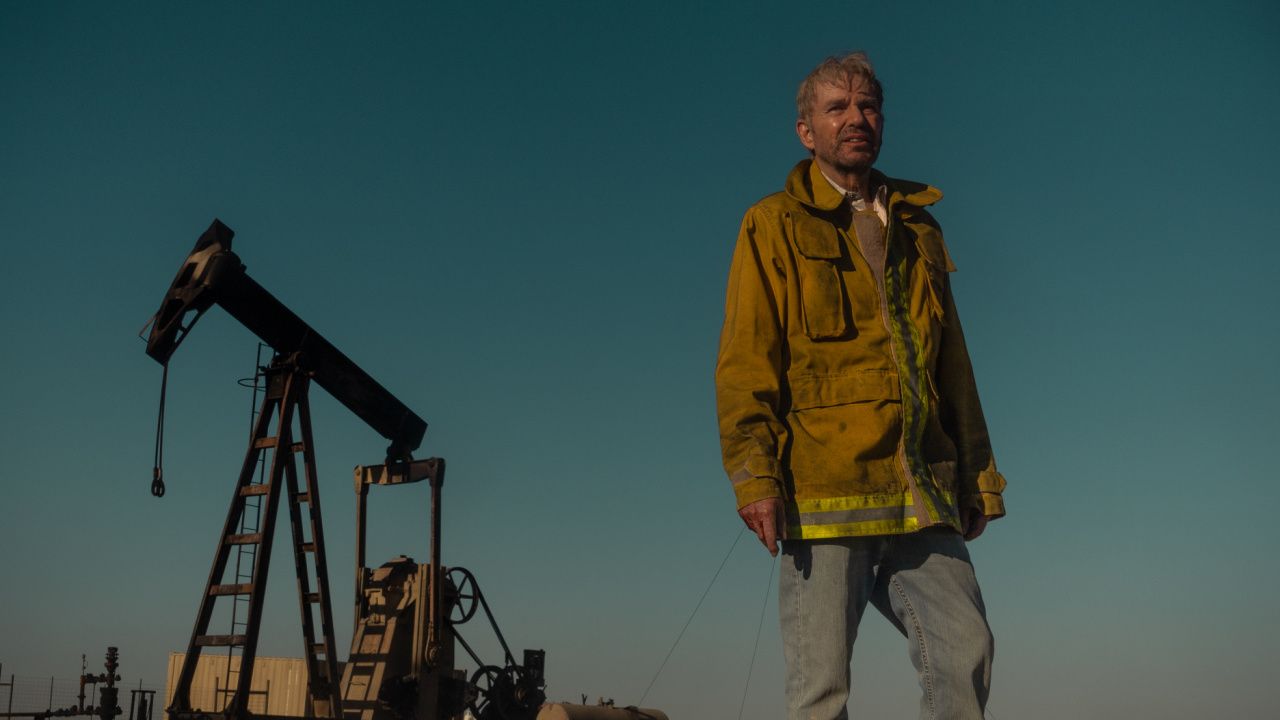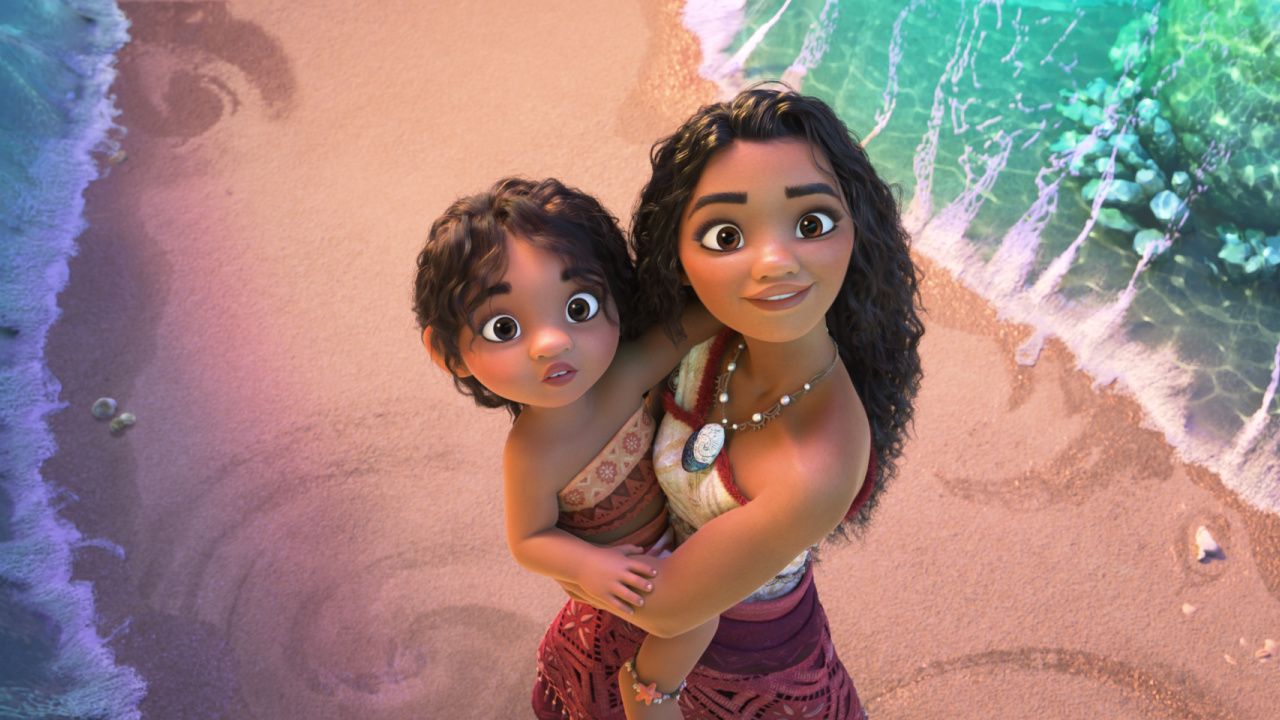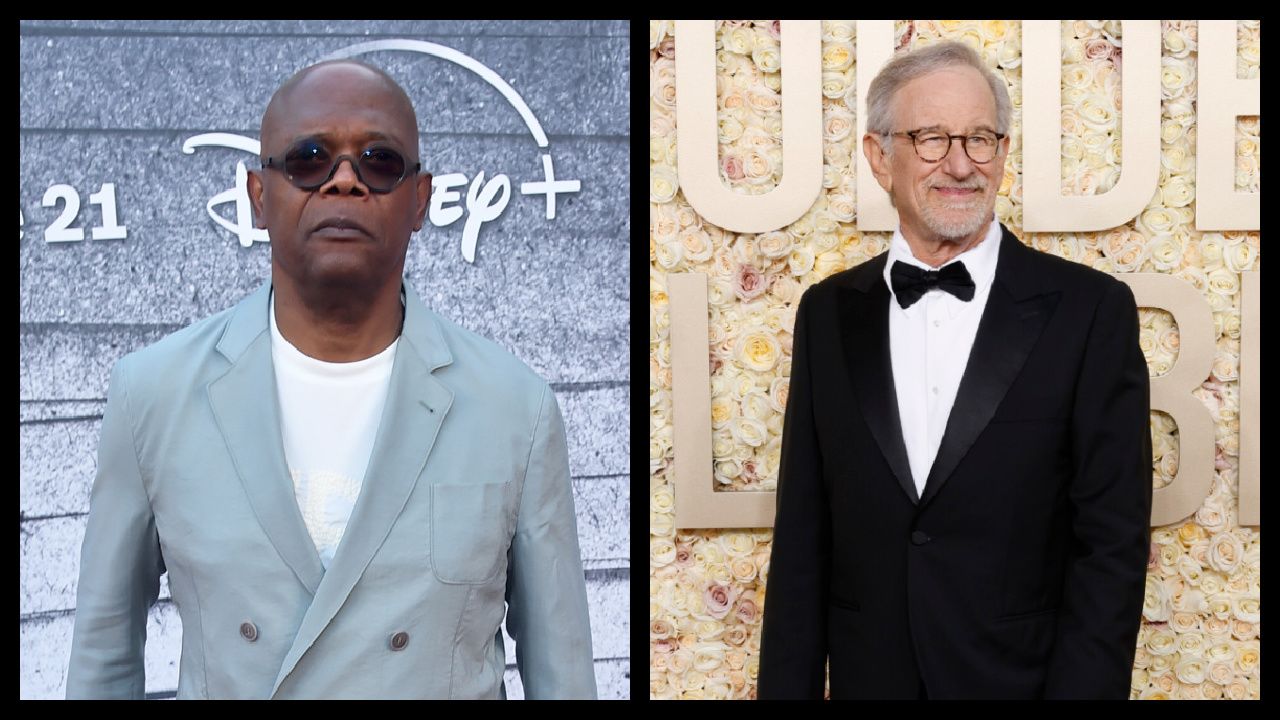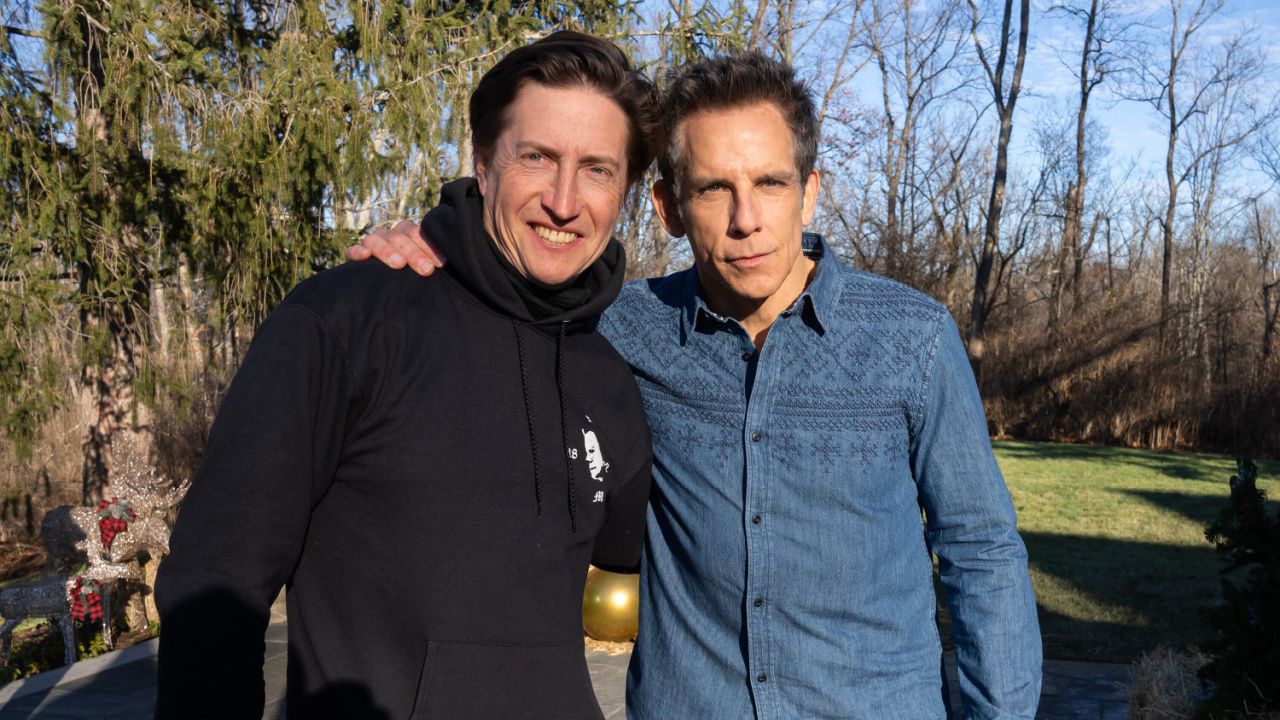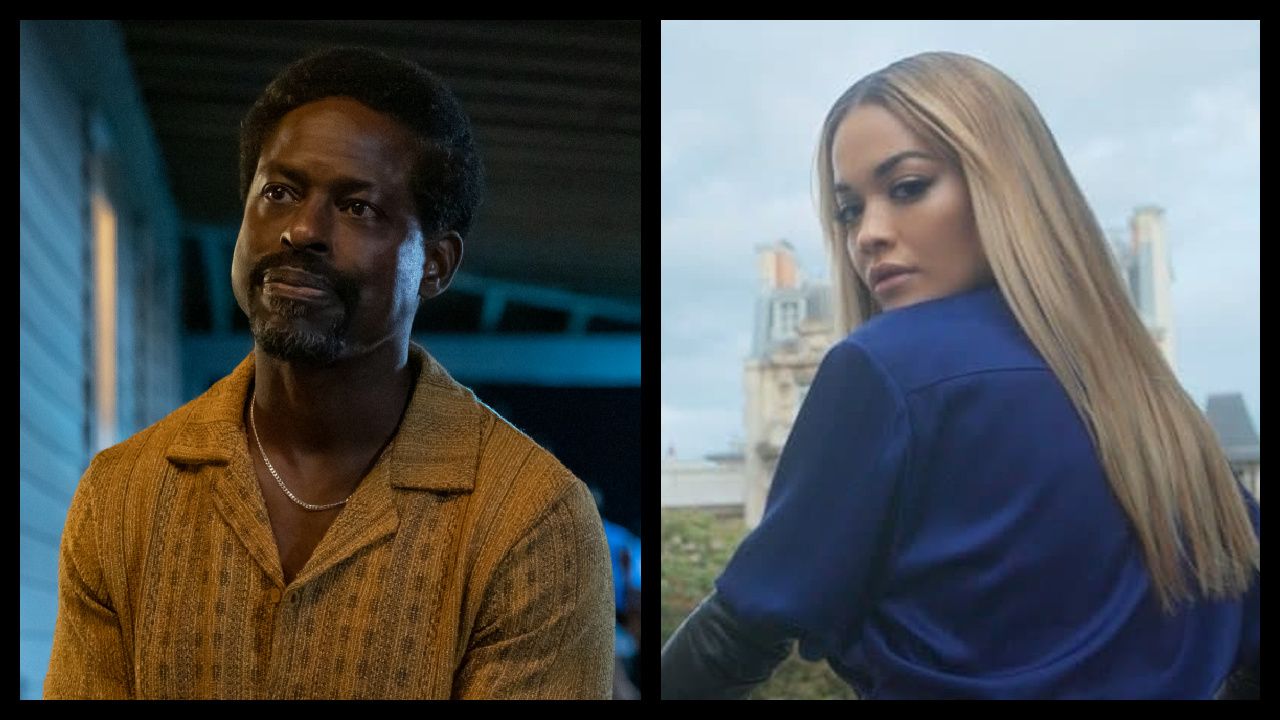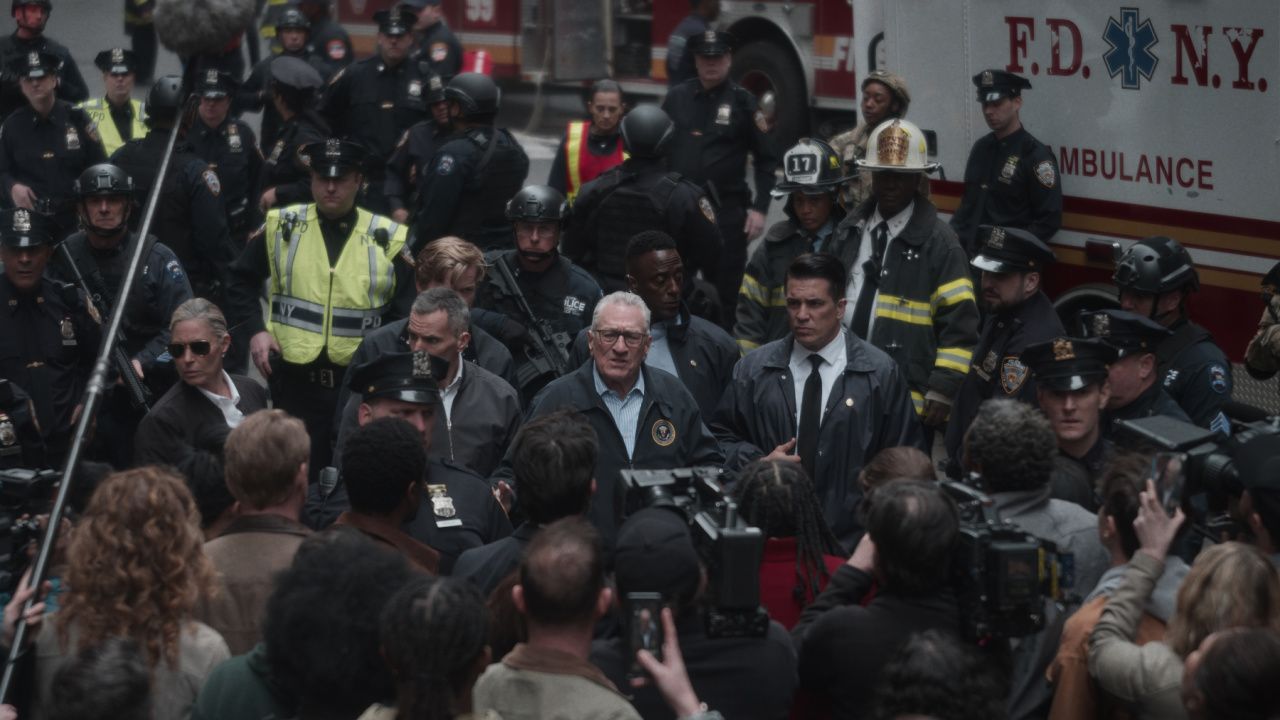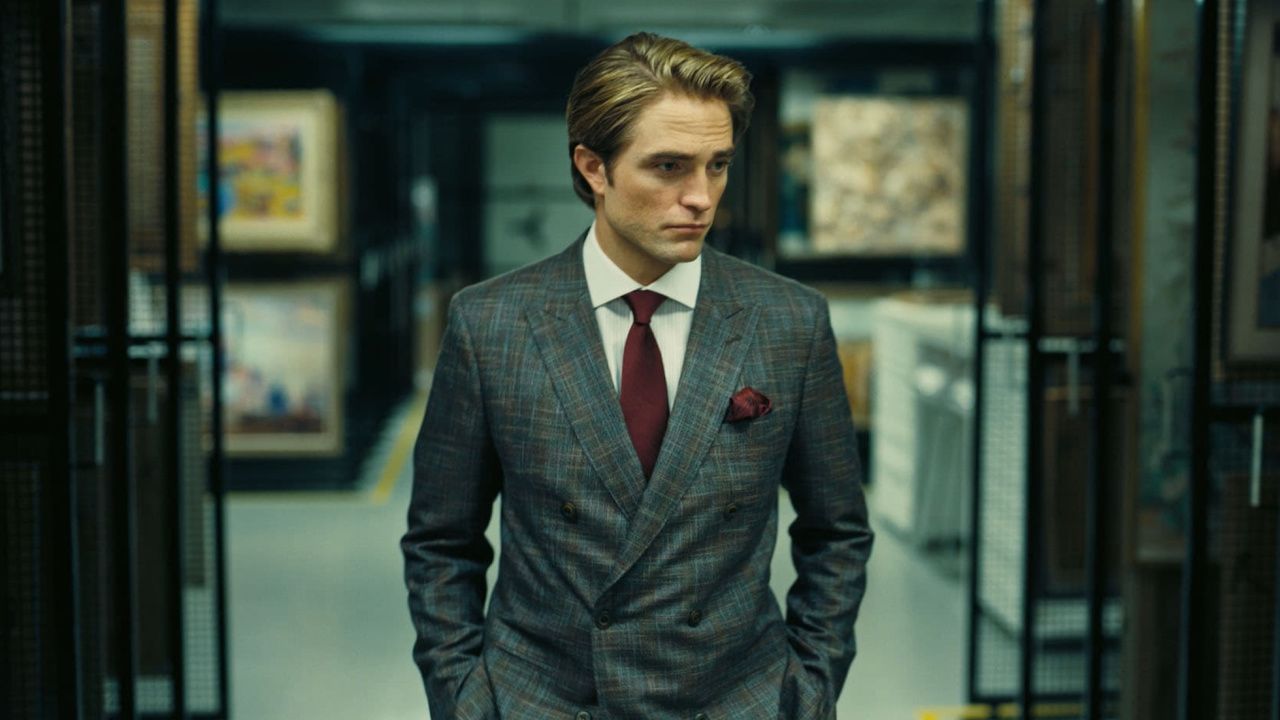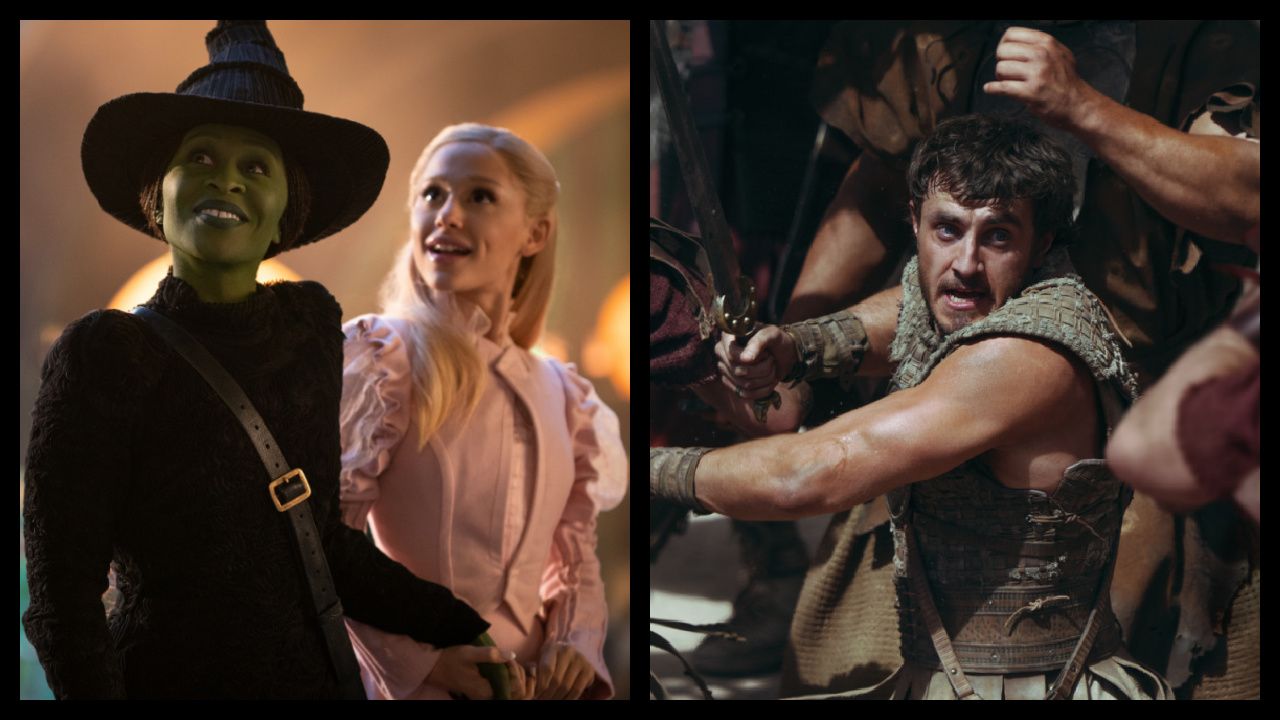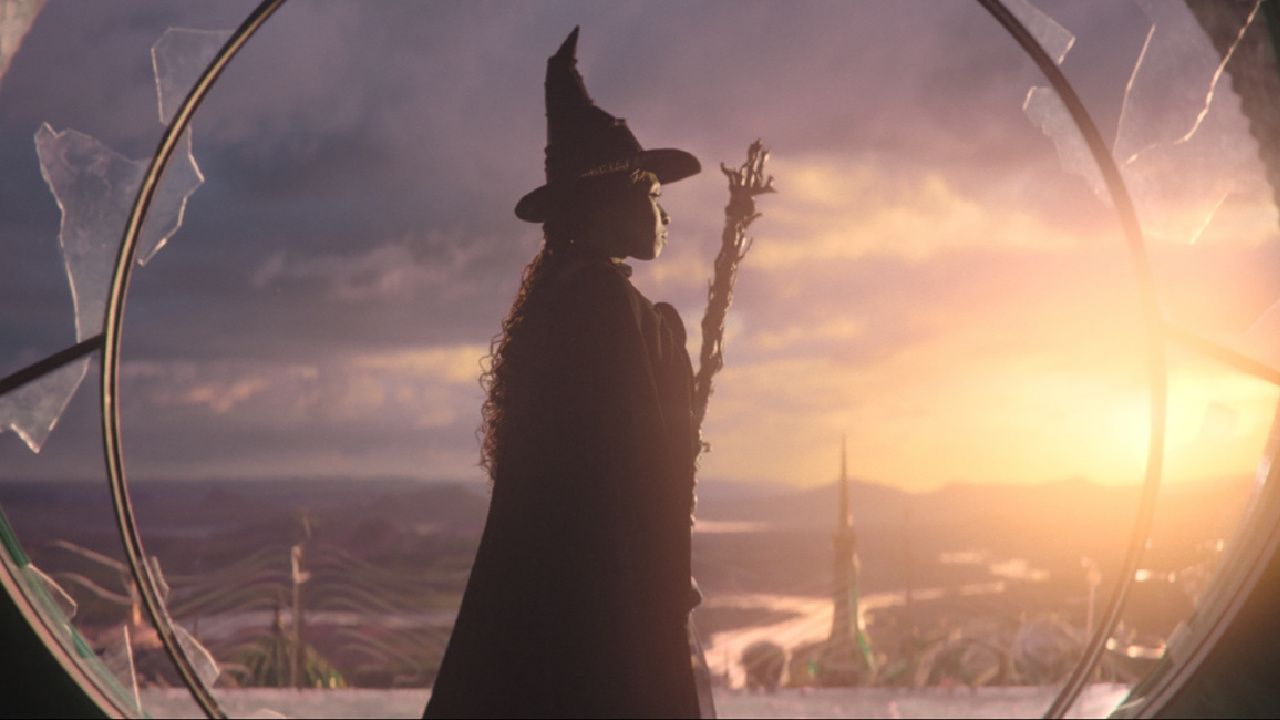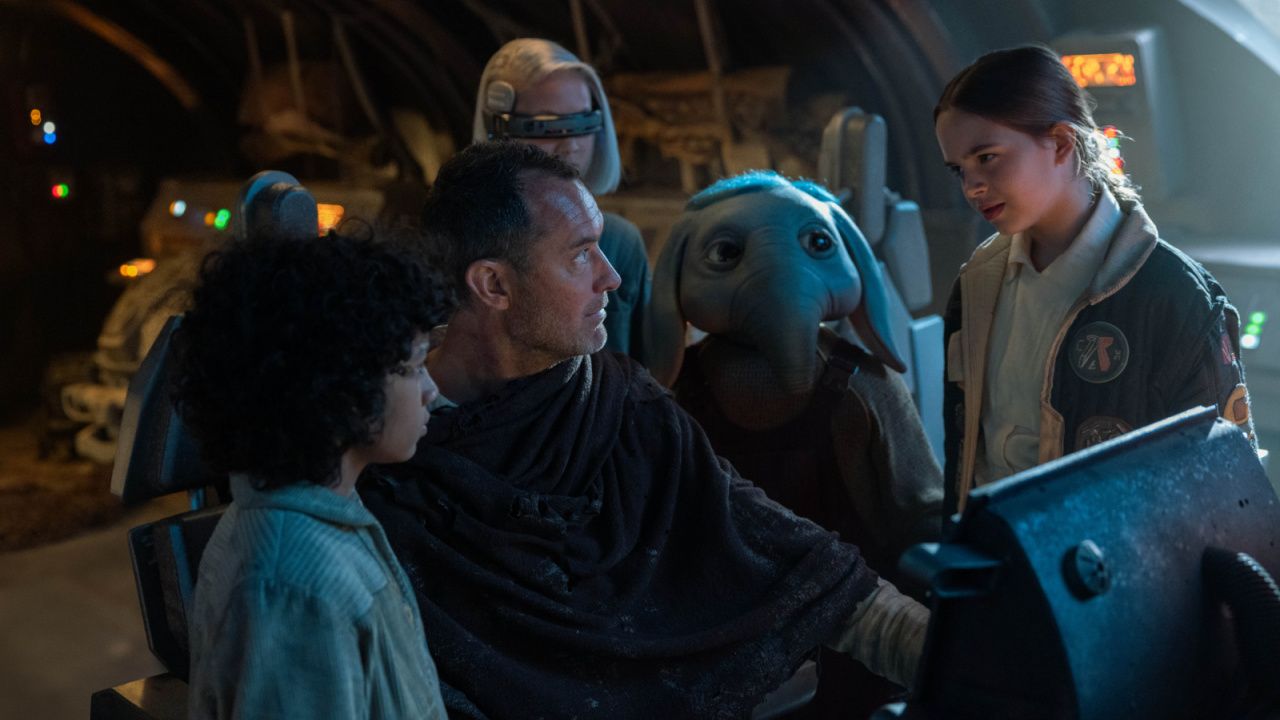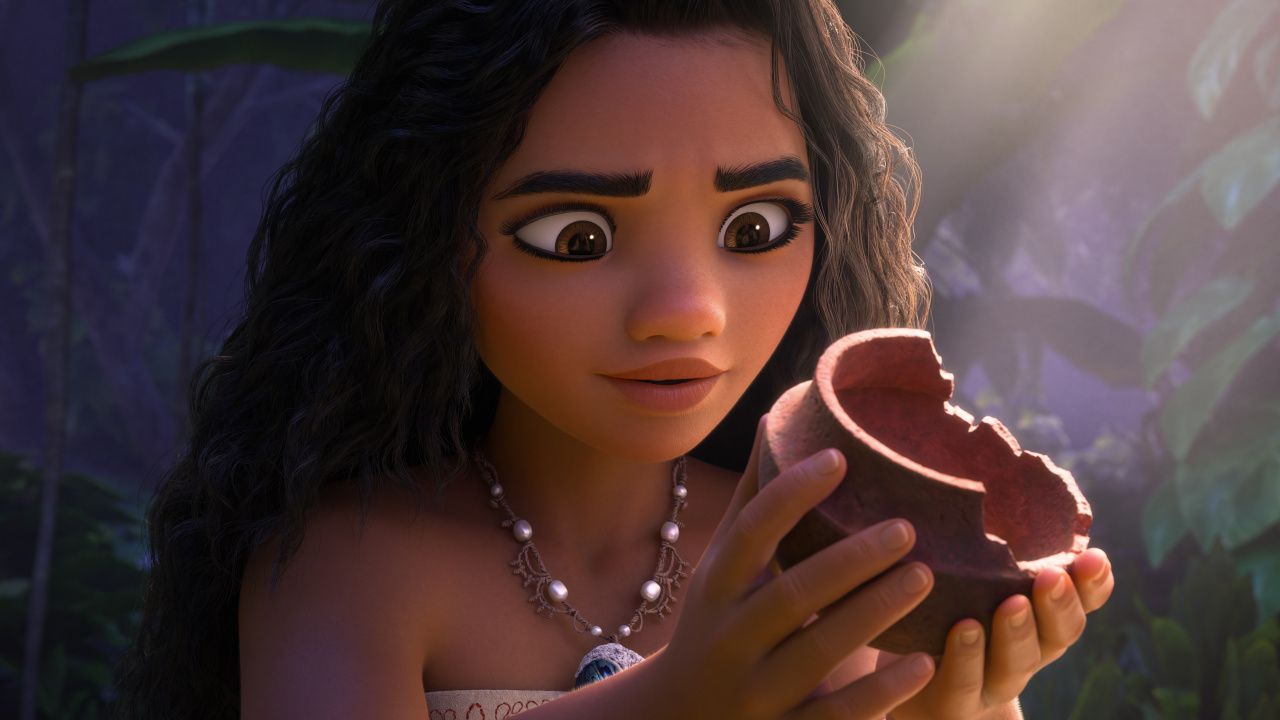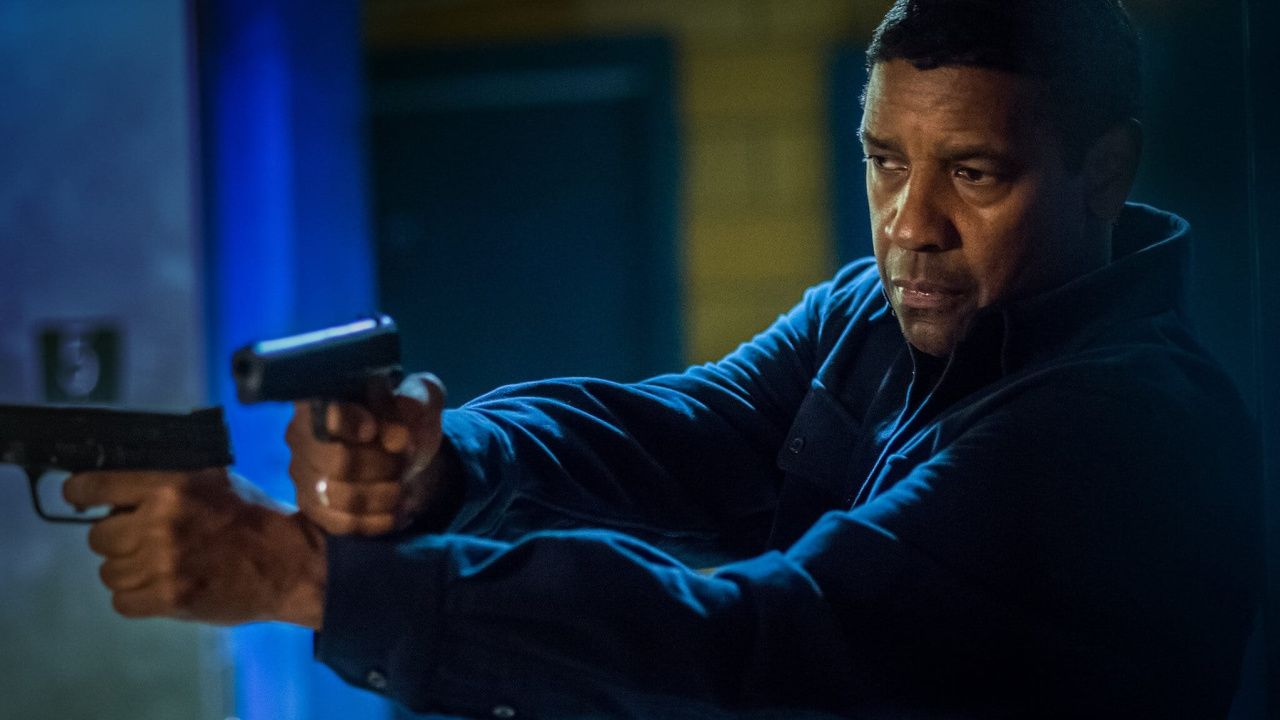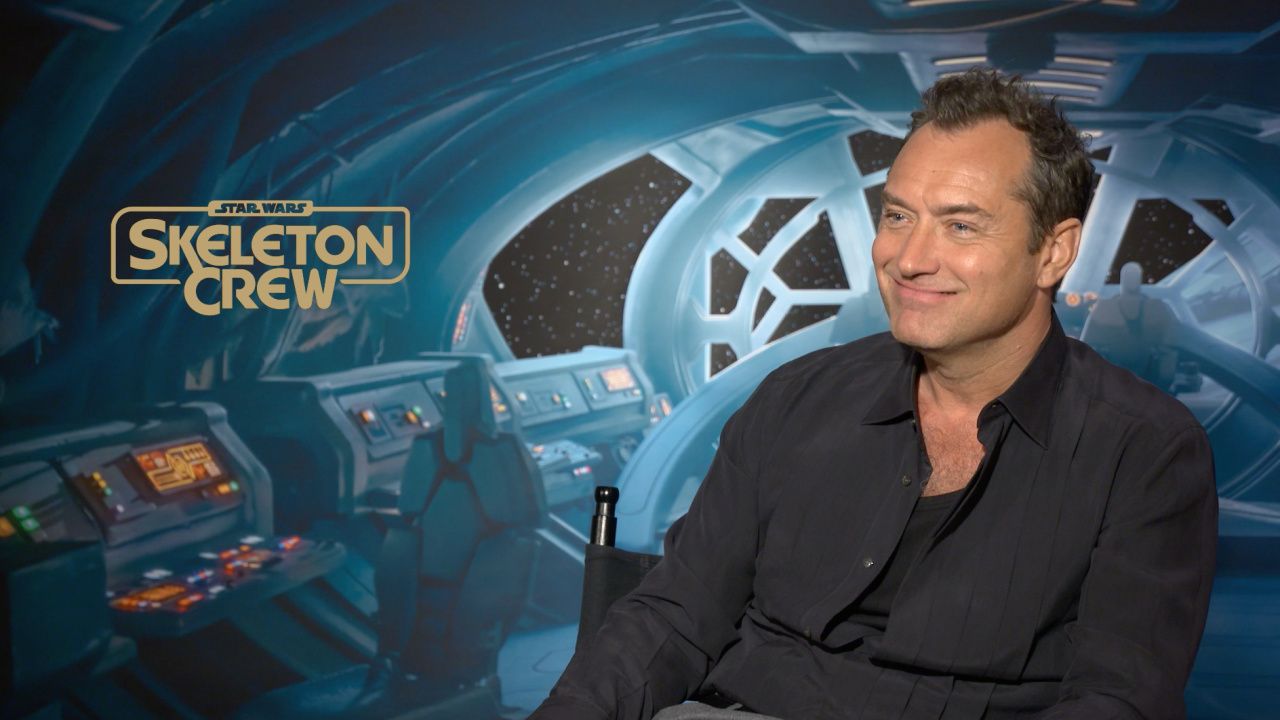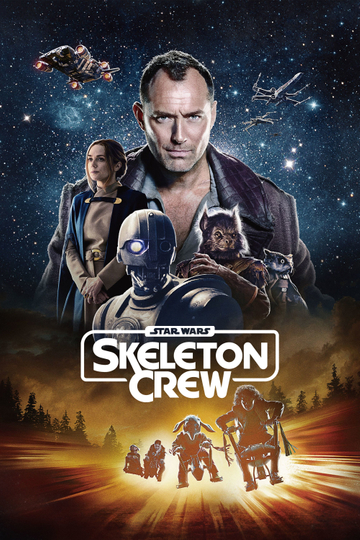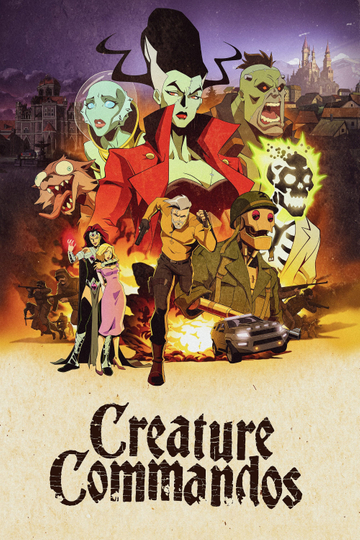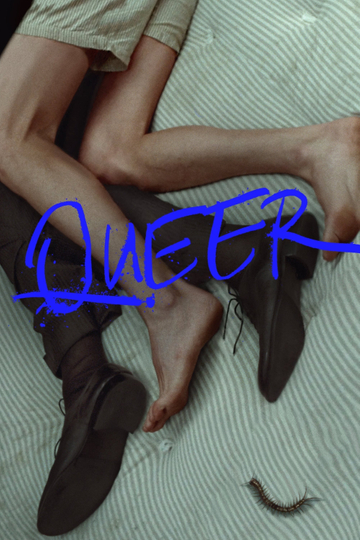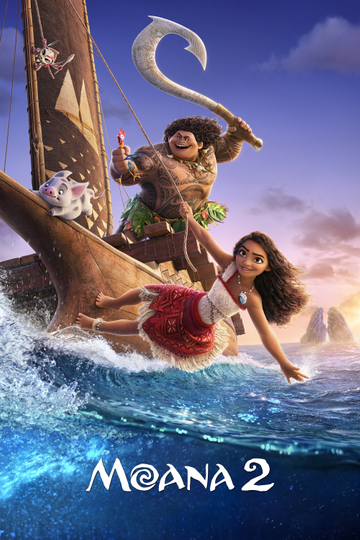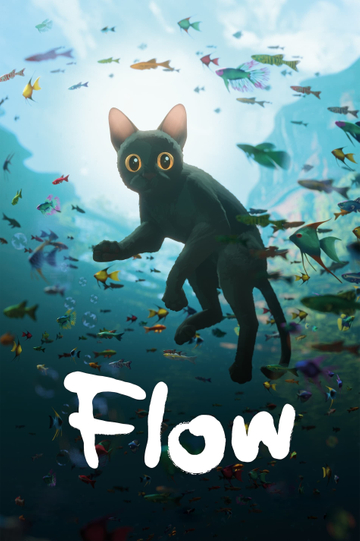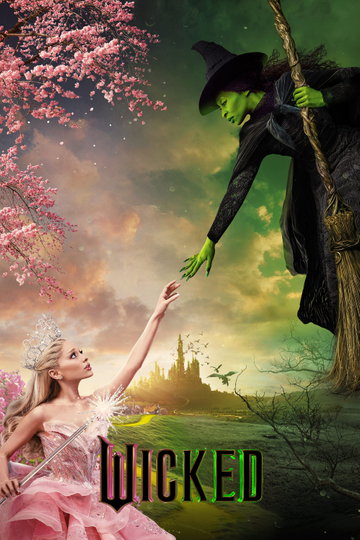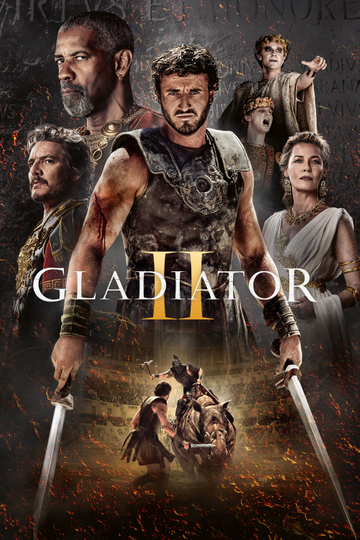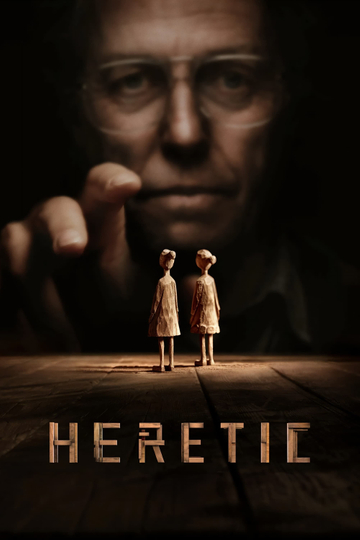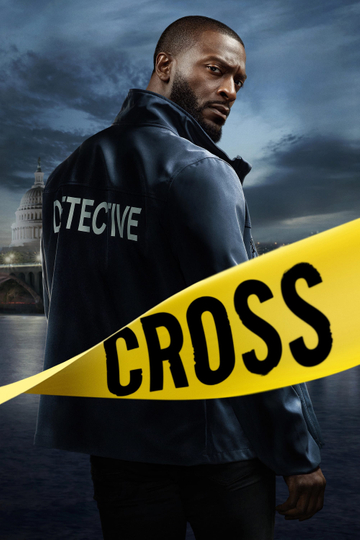10 Things We Learned At ‘Feud: Capote vs. The Swans’ Press Conference
Moviefone attends the 'Feud: Capote vs. The Swans' press conference. "Those women were the original influencers, except they didn’t post about it." Ryan Murphy said.
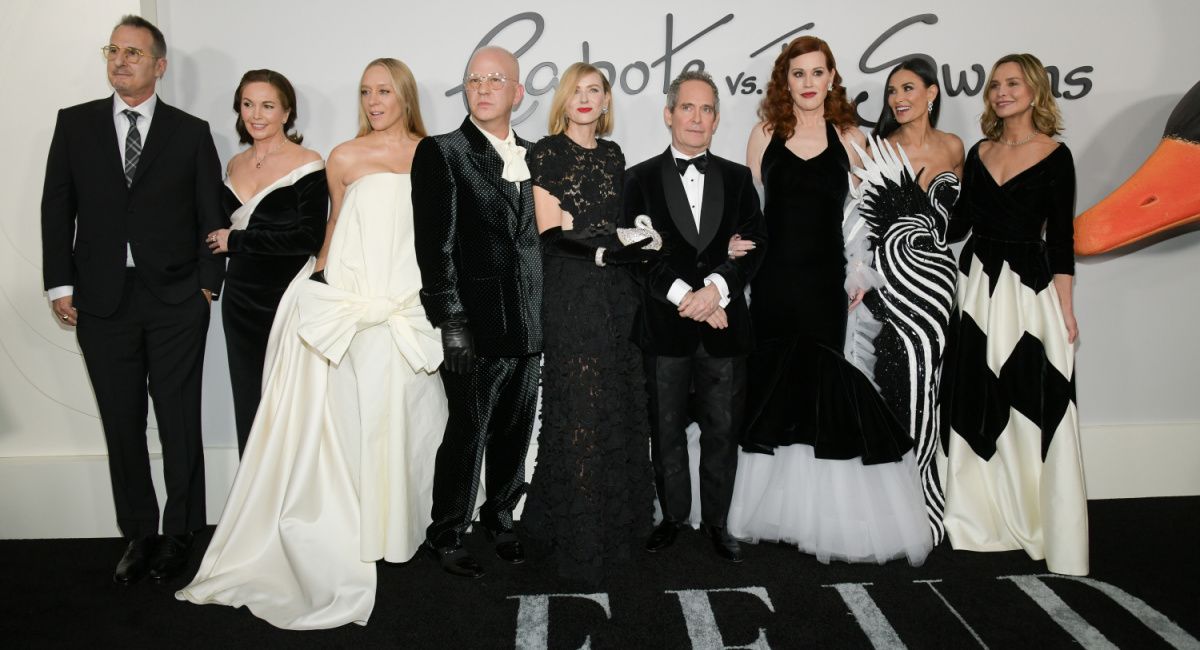
(L to R) Jon Robin Baitz, Diane Lane, Chloë Sevigny, Ryan Murphy, Naomi Watts, Tom Hollander, Molly Ringwald, Demi Moore, and Calista Flockhart attend the red carpet premiere of FX’s “Feud: Capote vs. The Swans' at MOMA on January 23, 2024 in New York City. FX’s 'Feud: Capote vs. The Swans' premieres with two episodes on Wednesday, January 31 at 10pm on FX, next day on Hulu. Photo by Kristina Bumphrey/PictureGroup for FX.
‘Feud: Capote vs The Swans’ is a limited series based on Laurence Leamer’s best-selling book, ‘Capote’s Women: A True Story of Love, Betray, and a Swan Song for an Era.’ The series focuses on writer Truman Capote and a group of elite socialites, how he became their confidant, and how their friendship ended with his ultimate betrayal in a fiery excerpt of his book. The women, or as Capote called them, “Swans,” band together to exile him from the high society that he loved, sending him spiraling into self-destruction.
The eight-episode series stars Naomi Watts as Babe Paley, Tom Hollander as Truman Capote, Diane Lane as Slim Keith, Chloë Sevigny as C.Z. Guest, Calista Flockhart as Lee Radziwill, Demi Moore as Ann Woodard, and Molly Ringwald as Joanne Carson. ‘Feud: Capote Vs. The Swans’ premieres on FX on January 31 with two episodes and will be on Hulu the following day.
Moviefone recently had the pleasure of attending the virtual press conference for ‘Capote Vs. The Swans.’ In attendance were show creator/executive producer Ryan Murphy, writer Jon Robin Baits, director Gus Van Sant, and actors Naomi Watts (who also serves as Executive Producer), Tom Hollander, Diane Lane, Chloë Sevigny, Calista Flockhart, Demi Moore, and Molly Ringwald
Related Article: Jessica Lange, Susan Sarandon Starring in Ryan Murphy's 'Feud' Series
Here are 10 things we learned from the ‘Capote vs The Swans’ virtual press conference:
1. Naomi Watts Had To Invent And Recreate the Likeness of Babe Paley’s Voice and Movement Through Only Photographs
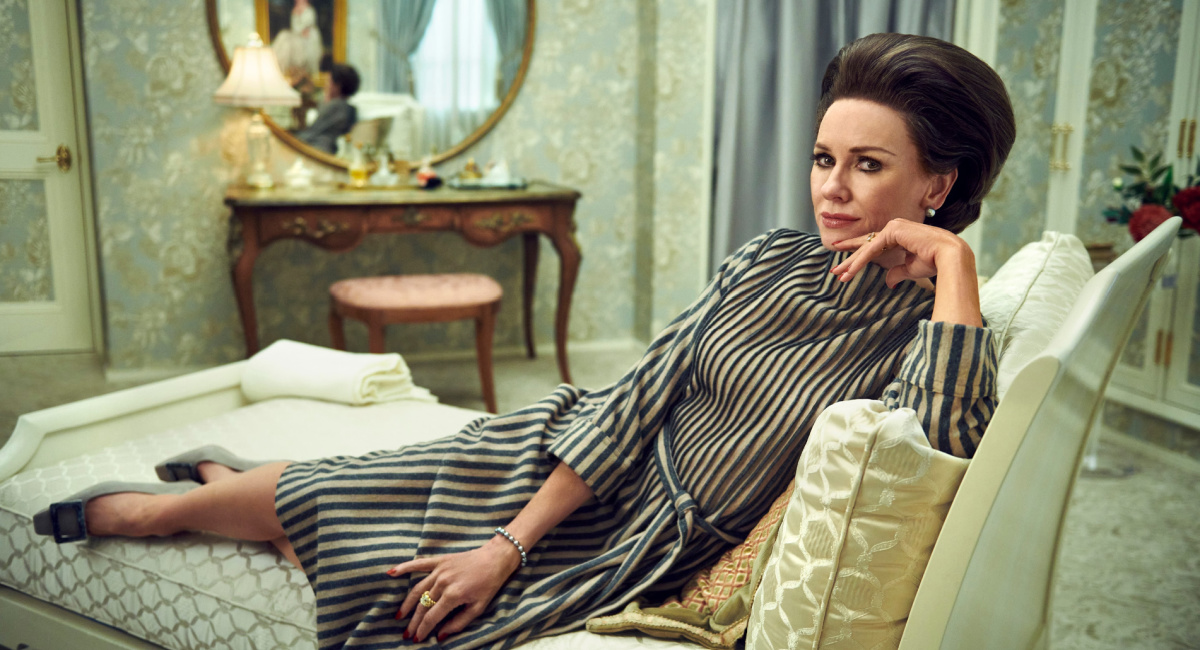
Naomi Watts as Babe Paley in 'Feud: Capote vs. The Swans.' Photo: FX.
While the series is based on Laurence Leamer’s book, the cast of incredible actresses in the series did their research beyond written material - finding recordings, photographs, and more to bring them to life on screen.
Naomi Watts, who plays Babe Paley, and is also an executive producer on the series, talks about her research process as there were no recordings of Paley.
Naomi Watts: Laurence Leamer’s book was our source material, but then we had these wonderful writers as well, and so we really stuck to the scripts. But with Babe [Paley], there was no footage available that I could find, recordings or visuals, so trying to create a voice and her physicality was, you know, something that I had to invent through a multitude of wonderful photographs. You know, just how her hand was placed, perhaps, or how she held her cigarette; it was clear to me that there was never a hair out of place, never a wrong word spoken. So much effort put into her appearance and not just for her own vanity but how she designed a dinner table, who were the guests, what would the conversations be, what would the cutlery be, how it was placed. There was just so much time and thoughtfulness put into how each event would go, and yes, plenty to find on the internet, plenty of things to read. But there was this delicious writing that we could lean in on, so creating Babe was a complete joy for me.
Watts also serves as an Executive Producer on the series. When asked how she became involved in such a role, she says:
Naomi Watts: I had been working with Ryan [Murphy] on ‘The Watcher’ and really enjoyed that experience and established a nice rhythm and he’s very, very, very generous! So that is how I became an EP.
2. Tom Hollander on Why The Swans Befriended Capote
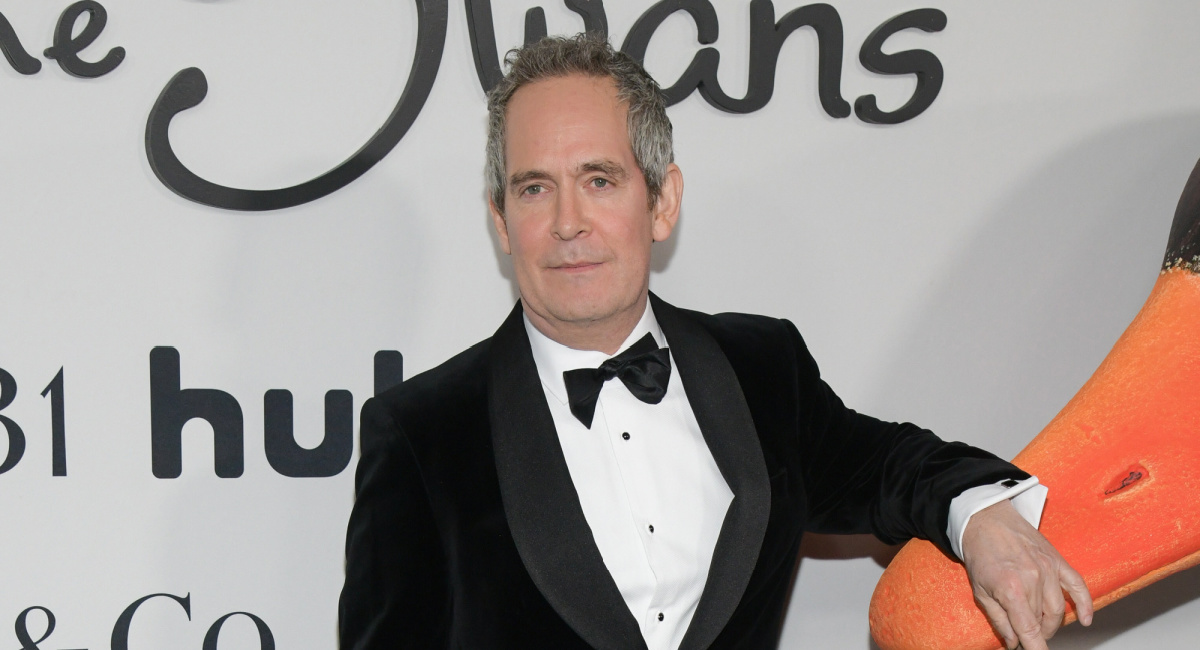
Tom Hollander attends the red carpet premiere of FX’s 'Feud: Capote vs. The Swans' at MOMA on January 23, 2024 in New York City. FX’s 'Feud: Capote vs. The Swans' premieres with two episodes on Wednesday, January 31 at 10pm on FX, next day on Hulu. Photo by Kristina Bumphrey/PictureGroup for FX.
Truman Capote’s close friendship with The Swans allowed him a look into their private lives and secrets, which would later lead to him exposing their secrets in ‘Answered Prayers.’ Actor Tom Hollander expands on why he thinks Capote befriended the Swans to begin with.
Tom Hollander: I think he was the greatest writer of his generation, so for a bunch of people that were very rich and fancy houses but kind of, at some level, disempowered by their marriages, to have the greatest writer of his generation in their salons made… he was an accouterment. He was a dazzling accouterment on their dinner table. Maybe he would celebrate them. So maybe at some level, their vanity was flattered by having him around and him understanding them and listening to them in a way that their husbands weren’t, didn’t have time for. He was filling a great gap in their emotional lives, and he was brilliant. He was an incredibly entertaining, perceptive, clever, interesting, singular man, so they were all- so I’d say that’s what they were getting out of it. Quite a lot. Until it went wrong.
3. The series marks Calista Flockhart’s return to television since ‘Supergirl’ and reunites her with Jon Robin Baitz
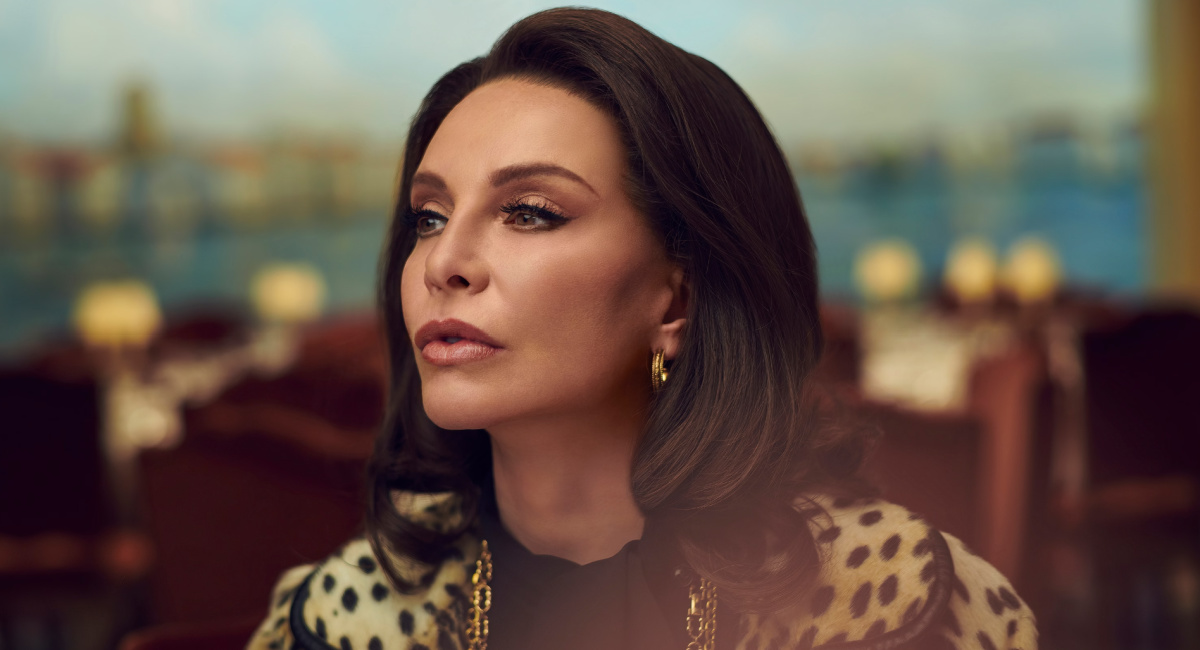
Calista Flockhart as Lee Radziwill in 'Feud: Capote vs. The Swans.' Photo: FX.
Playing Lee Radziwill, Calista Flockhart reunites with writer Jon Robin Baitz for the series. The two worked together on ‘Brothers and Sisters’ in 2006. Flockhart elaborates on working again with Baitz.
Calista Flockhart: I have been a fan of Robbie’s way, way, way back when we were doing New York theater together. I’ve done readings of so many of his plays. I remember in ‘Brothers and Sisters,’ we had a very collaborative relationship when we were discovering who Kitty was as a character, and so yes, I was excited to do this again with Robbie because I admire and love his talent, his intelligence, and also his sensitivity and humanity.
4. Diane Lane Had Access To Slim Keith’s Memoir
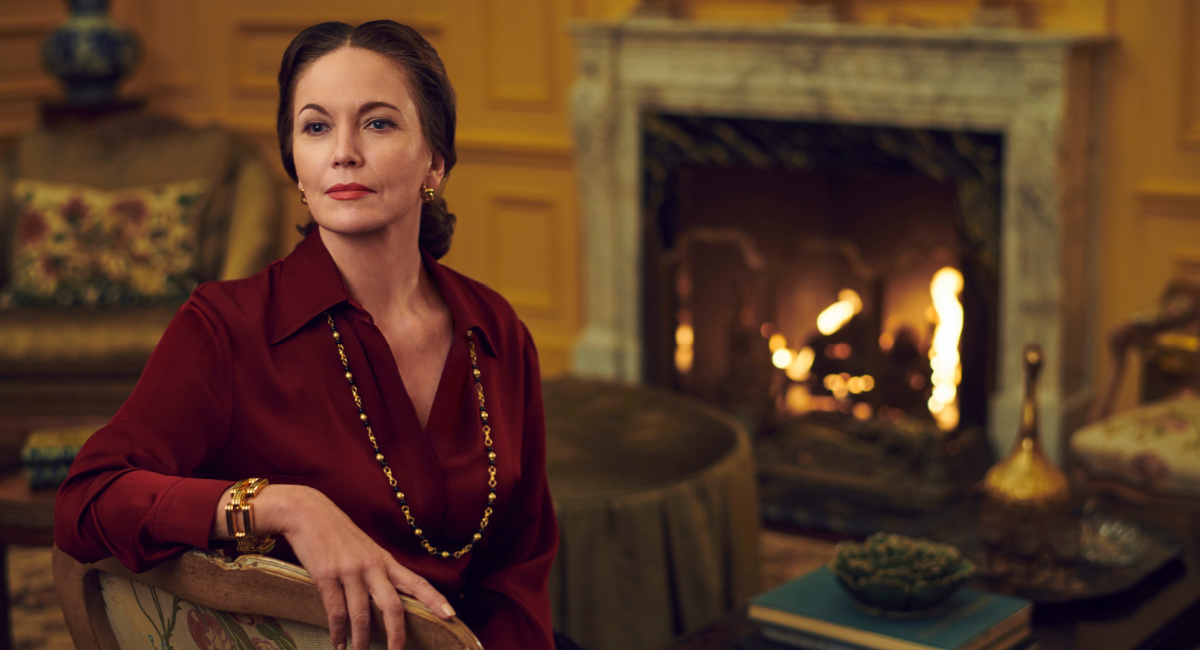
Diane Lane as Slim Keith in 'Feud: Capote vs. The Swans.' Photo: FX.
In her research on Slim Keith, Diane Lane was able to have access to her memoir, which allowed her to have a better understanding of the amount of anger Slim had toward Capote.
Diane Lane: The word that has been bandied about is ringleader, and I want to counter that with a little bit more nuance. I think that she saw from afar that Truman needed support and she was there for him in times—you know, he came to her to be an agent for the book, becoming a movie, 'In Cold Blood,' and until she could find him Swifty Lazar and help him to get a million-dollar deal, which at that time was pretty huge. I mean, historically there was a lot of loss in this betrayal that we don’t see on camera. I got the wonderful cheat of having access to her memoir, so I have an extra amount of compassion for the amount of anger that she is accountable for in this story because she did empower him and nurture his growth and was there for a lot of his formative time. They traveled the world together and she did seem to have a sixth sense about not trusting him with too much of her secrets, so when she was chosen to be the person quoted about other people’s indiscretions in the infamous 'Answered Prayers' article in Esquire, as though she were the one betraying the ladies who lunch and everyone else. I mean, he called her "Big Mama," that was his nickname for her. So she was really baffled, and I’ll leave it there.
5. Ryan Murphy thinks The Swans would have been as influential as the Kardashians if they were living in this era
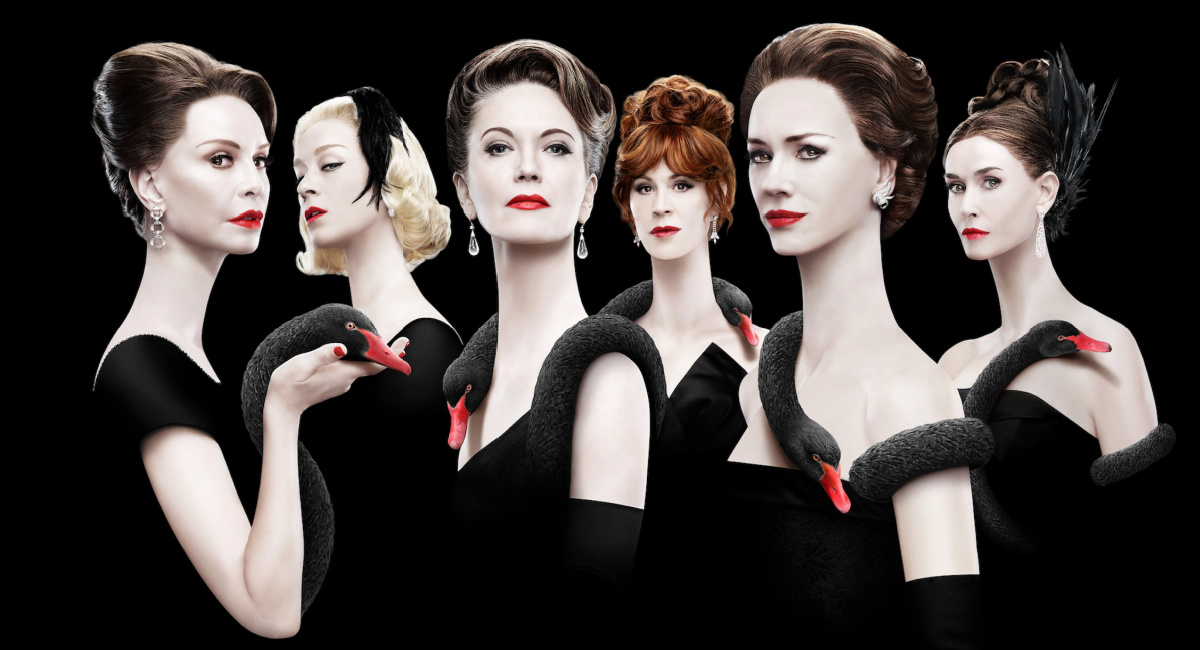
(L to R) Calista Flockhart, Chloë Sevigny, Diane Lane, Molly Ringwald, Naomi Watts and Demi Moore in 'Feud: Capote vs. The Swans.' Photo: FX.
As a group of extremely smart and capable women, they were brilliant in putting together many business deals that they were not given credit for. If they were alive today, it would be a completely different story.
Show creator Ryan Murphy elaborates on the topic of timing for these women.
Ryan Murphy: That’s actually something Robbie and I talked a lot about when we were first thinking of doing it, and I think the tragedy of that generation, which I would include my mother in, is a generation of women sort of caught between ‘The Dick Van Dyke Show’ and the pill, who were, I think, very frustrated a lot of times with the misogyny of the society. I think all of those women in our show were so brilliant in their personal lives and so intelligent that I do think 10 years-post, they all would’ve had successful businesses or brands. You can just see that they were all so smart, particularly in the world of manners and society and beauty, and I think they all would’ve had skincare lines, I think they all would’ve had house care lines. I think they would’ve done a Kardashian thing, you know, which is a very brilliant business way of looking about selling an aspirational lifestyle. But some of them did have that—I mean, if you look at Slim, the tragedy of that is she was behind particularly, and so was Babe, so many incredible business deals that she helped put together professionally that she was not given credit for—both of them, I think. So I think the frustration and the sadness was baked into that time. I think, to answer another question, that’s one of the reasons they turned to Truman, because they were all in marriages or with men who constantly put them in their place and told them they weren’t enough. Truman was the one who said to them, “You’re actually smarter than your husbands, you control everything. All of these lives are because of what you’re doing.” There’s a baked-in sadness in that, that so many women of that generation, I think, that we wanted to write to. There’s nothing more depressing than lost potential, which I think they all really had.
Demi Moore chimed in on the topic as well:
Demi Moore: I don’t know if I can speak for all of the women, but I think that there was a great desire of beauty and, in an interesting way, I think that there was a great desire for connection with one another. While their life had certain limitations, I think that they were incredibly expansive in how they were living their lives.
6. The series touches on the LGBTQA+ community during that time
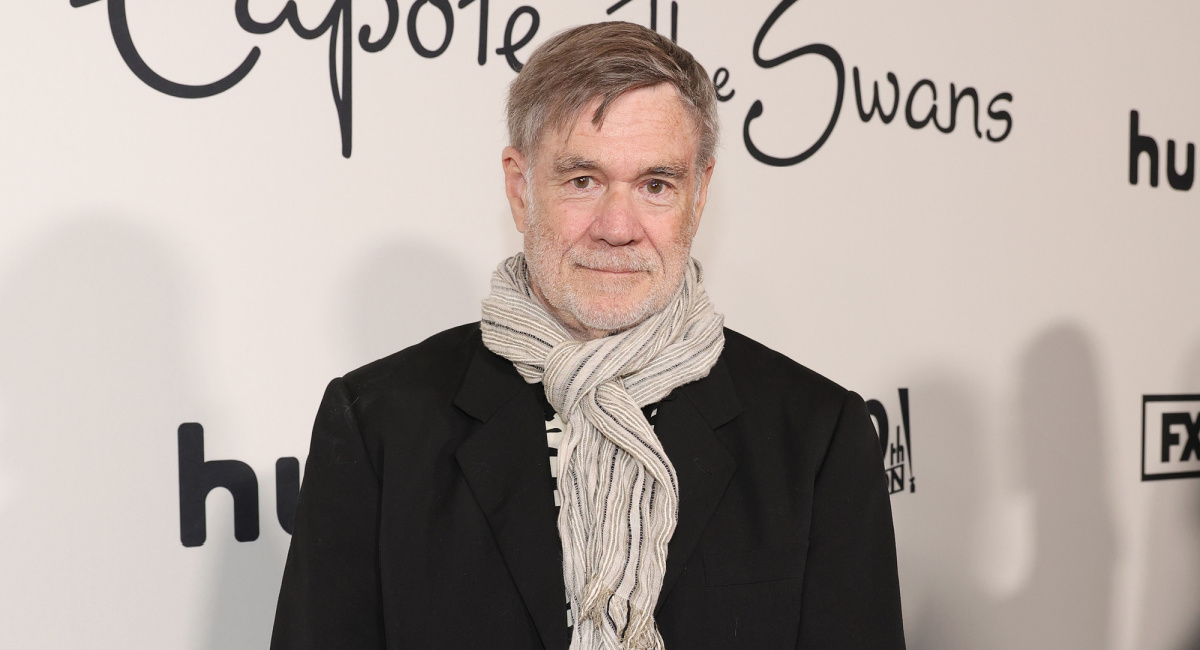
Gus Van Sant attends the red carpet premiere of FX’s 'Feud: Capote vs. The Swans' at MOMA on January 23, 2024 in New York City. FX’s 'Feud: Capote vs. The Swans' premieres with two episodes on Wednesday, January 31 at 10pm on FX, next day on Hulu. Photo by Frank Micelotta/PictureGroup for FX.
Truman Capote was openly gay, and the series leaned into homophobia during that time period. Ryan Murphy speaks on the including the use of the words “f*g” and “fa**ot” and how it was depicted in the show.
Ryan Murphy: In terms of the sexuality and the homophobia of the time, I think the most fascinating thing about that is we talked a lot about the use of those words, particularly the use of the word “f*g” or “fa**ot” and how it was depicted in the show. In the scene where Demi confronts him, you know, obviously it’s a word none of us like, none of us use, and we had a lot of conversation about it, but it was so important to him. It was the thing that he claims that she did and also that Lee did to him that broke his heart and broke his soul because he thought that was such a betrayal. It was a thing that ultimately turned him—when he talks about Demi’s character, it is the thing that he references where he decided to go after her. In the case of Lee, it’s an offhand remark that she made about a lawsuit he was in, and he was so stunned and hurt. So for us, as difficult as it was to articulate, being true to the characters and the time and the power of words. So we researched that quite heavily and we had a lot of conversations about “Should we leave it in? Should we take it out?” But ultimately, we did [leave it in]. As a gay person who that word has been used about since I was three years old, I really understand the wound of it and the pain of it and how it really can turn your life upside down. So we decided to be honest.
Director Gus Van Sant elaborates more on queer culture in that time period.
Gus Van Sant: I think in the time period that we’re depicting, there is an emerging gay culture. People are out…ish. Chloë and I had an art teacher who was out in 1961, teaching in a homophobic town, Darien, Connecticut, and sharing his gay weekends by explaining things that he was involved in on the weekends in the Greenwich Village. But yeah, there was a long road to travel. I mean, Truman was out by virtue of his art and his novels, the dates of his novels coming out, he predated, like, many people, along with Gore Vidal and Tennessee Williams. They were very exposed compared to, like, the general culture, but it’s a fascinating sort of character within gay history. I’d often thought there’s this great story of him going with Norman Mailer to a working man’s bar, and Norman thinking they were gonna get attacked, and Truman just pulled it off perfectly because of his energy and his, I guess, peace of mind, you know, as an open gay man. So we didn’t get to that scene, but he’s sort of a representation of queer culture through the ’50s and ’60s and ’70s and ’80s.
7. Molly Ringwald on her character Joanne Carson and why she remained friends with Capote
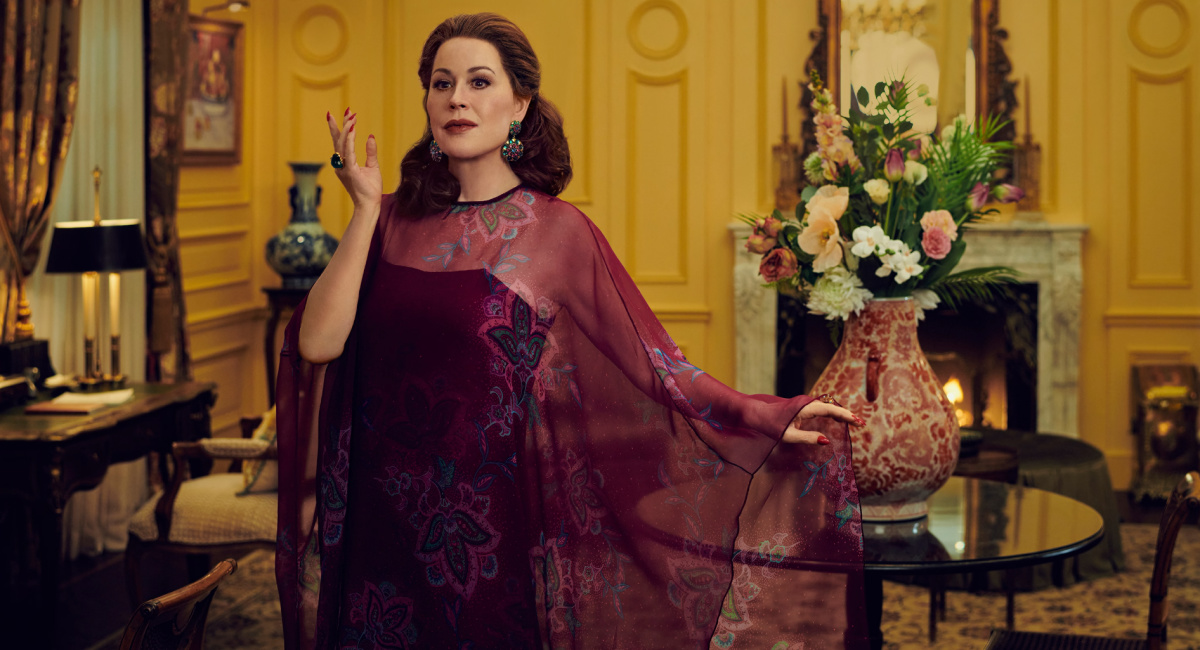
Molly Ringwald as Joanne Carson in 'Feud: Capote vs. The Swans.' Photo: FX.
Joanne Carson, wife of famous TV host Johnny Carson, was Capote’s last remaining friend. Played by Molly Ringwald, the actress expands on the friendship between Capote and Carson.
Molly Ringwald: She was really like his last friend. But I feel that it was such a betrayal because they adored him so much. I think even though they knew he was a writer, I feel like they didn’t- they were going to be immune to that, to what writers do, which is use material in their lives and fictionalize it. I think it was pretty self-destructive, what he did. I don’t think he wanted to lose their friendships either, but he is a writer, you know. Like Joanne Carson, I think one of the reasons why she stayed friends with him—because he wrote things about her too—but she was in love with his genius. I think she really thought that he was a genius. I do too—as a writer, I think he was a genius, and I think all writers need somebody in their lives there sort of saying, “You can do this, you’re great.” I don’t know, I feel like there was maybe a little bit of anger on his part from being a little bit of a court jester, like he was a court jester, but maybe there was some anger about that.
8. How Did Tom Hollander Nail Down The Voice of Capote?
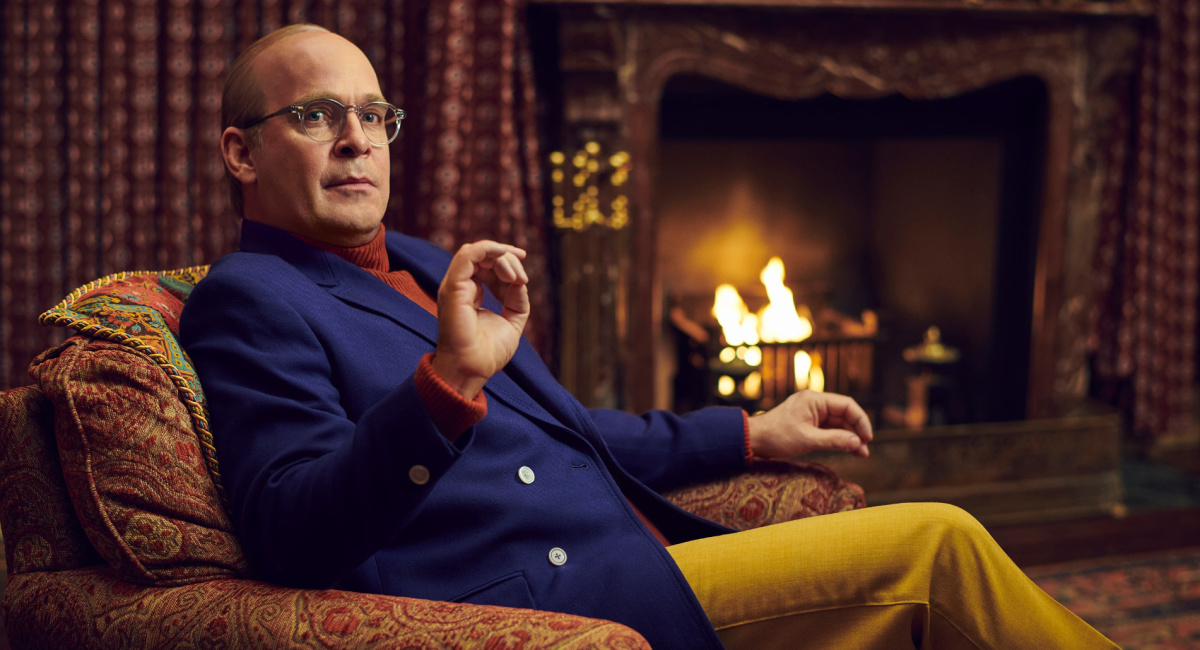
Tom Hollander as Truman Capote in 'Feud: Capote vs. The Swans.' Photo: FX.
Capote had a specific way of speaking, in his intonation and pauses. Tom Hollande describes his process of getting into character before walking on set:
Tom Hollander: Honestly, I just listened to it a lot, and I was helped enormously by the most brilliant voice coach called Jerome Butler, who was there with me every day. Then Truman himself was on my phone in my ear before every take, and so I could be with him whenever I wanted to and remind myself what he sounded like. So you just keep scratching away at it. It’s not something that you get and then you’ve got it and then you can hold on to it. You have to keep going, keep working at it.
9. The Cast Did Not Interact With Each Other Outside Of Their Scenes Due To COVID
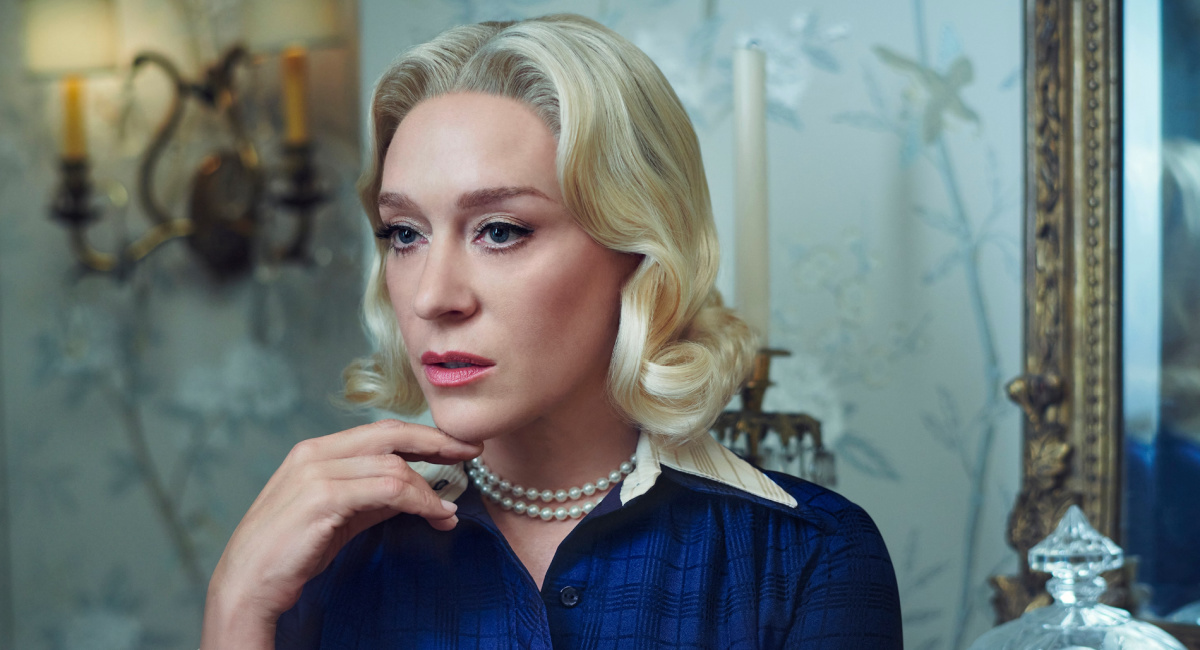
Chloë Sevigny as C. Z. Guest in 'Feud: Capote vs. The Swans.' Photo: FX.
‘Feud: Capote Vs. The Swans’ began filming in New York in Fall 2022, when productions had to adhere to strict COVID restrictions such as masking and distancing. Aside from their scenes together, the cast were not able to interact with each other during filming.
Chloë Sevigny: We were still masked then. We were still in the throes of COVID. We had to eat alone. We couldn’t even all eat together in the cafeteria, so we were kept kind of separate from one another. Even in the hair and makeup trailer, we were like six feet apart, so the most intimate we were was when we were in La Côte Basque.
Did this make it harder for the cast to bond? Naomi Watts anwsered:
Naomi Watts: There was some high-level concentration going on because of this high-level writing, these delicious words that we wanted to savor and, you know, really honor, not to mention these beautiful characters to play. Oftentimes when you’re working on a film or a show, I mean, especially if you’re on the road somewhere and you’ve left your home territory, it’s nice to have a meal at the end of the day or, you know, a drink or a hangout and there just wasn’t time for this because we were always concentrating on the next day’s work ahead. But yes, to Chloë’s point, when we came together at the Côte Basque, those in-between moments, though they were short, they were bonding, and I think we were all just super-grateful for these wonderful group of people.
10. The particular way Ryan Murphy titles his shows
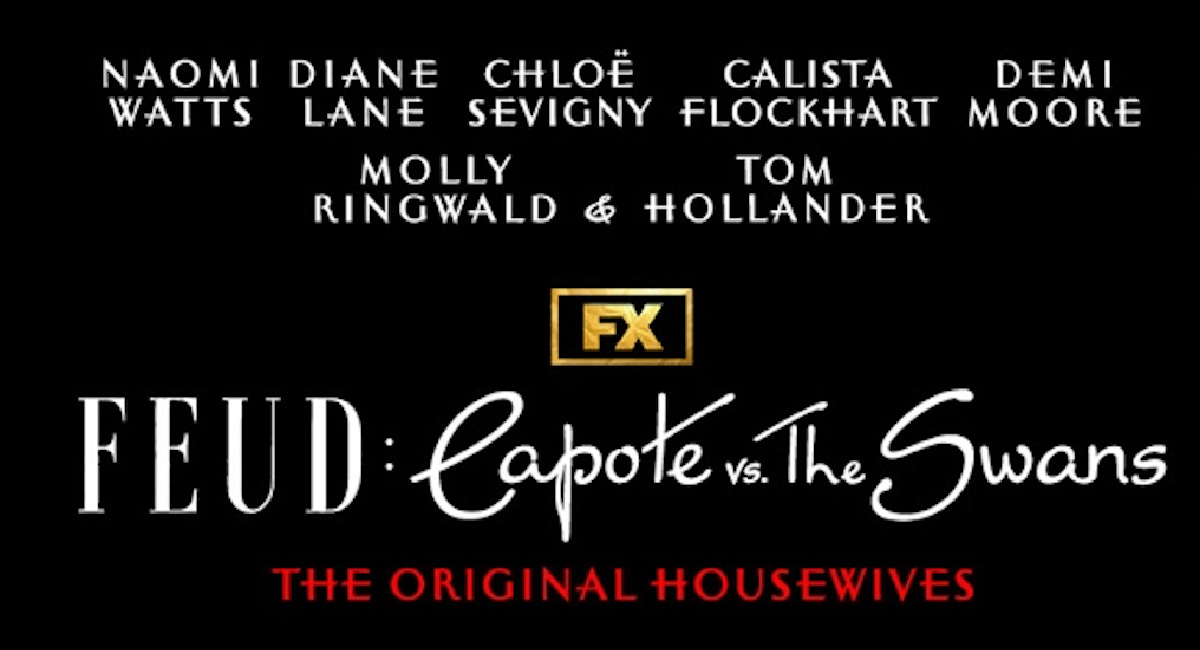
'Feud: Capote vs. The Swans.' Photo: FX.
With a plethora of shows under his belt, how does creator Ryan Murphy decide what order to put place the colon and why? Murphy explains:
Ryan Murphy: First of all, that is my- 100 percent my decision. People talk a lot about that, colon versus semicolon. I think I’m being correct. I think in the case of ‘Feud,’ it’s always about a versus—you know, we did that in Season 1, which was Bette vs. Joan or so that’s how that came about. Because, you know, ‘Feud’ is about a love turned to hate, and I think it is very much about a clash which the Vs. gives you.
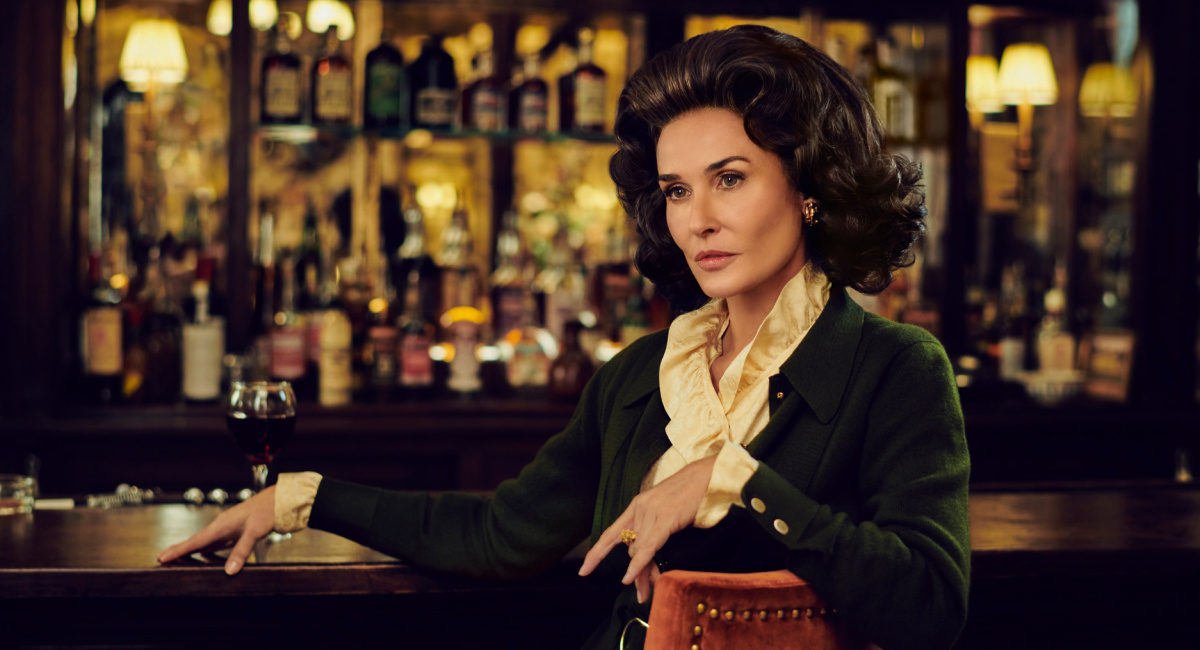
Demi Moore as Ann Woodward in 'Feud: Capote vs. The Swans.' Photo: FX.
What Is ‘Feud: Capote vs The Swans’ about?
Acclaimed writer Truman Capote (Tom Hollander) surrounded himself with a coterie of society’s most elite women, rich, glamorous socialites whom he nicknamed the Swans. Beautiful and distinguished, the group included Babe Paley (Naomi Watts), Slim Keith (Diane Lane), C.Z. Guest (Chloê Sevigny), and Lee Radziwill (Calista Flockhart). Enchanted and captivated by his Swans, Capote ingratiated himself into their lives, befriending them and becoming their confidant, only to ultimately betray them by writing a thinly veiled fictionalization of their lives and exposing their most intimate secrets. When an excerpt from the book Answered Prayers was published in Esquire, it effectively destroyed his relationship with his Swans, banished him from the high society he so loved, and sent him into a spiral of self-destruction from which he would ultimately never recover.
Who’s in the cast of ‘Feud: Capote vs The Swans’
- Tom Hollander ('Bohemian Rhapsody') as Truman Capote
- Naomi Watts ('King Kong') as Babe Paley
- Diane Lane ('Man of Steel') as Slim Keith
- Chloê Sevigny ('Boys Don't Cry') as C.Z. Guest
- Demi Moore ('A Few Good Men') as Ann Woodward
- Calista Flockhart ('A Midsummer Night's Dream') as Lee Ridziwill
- Molly Ringwald ('The Breakfast Club') as Joanne Carson
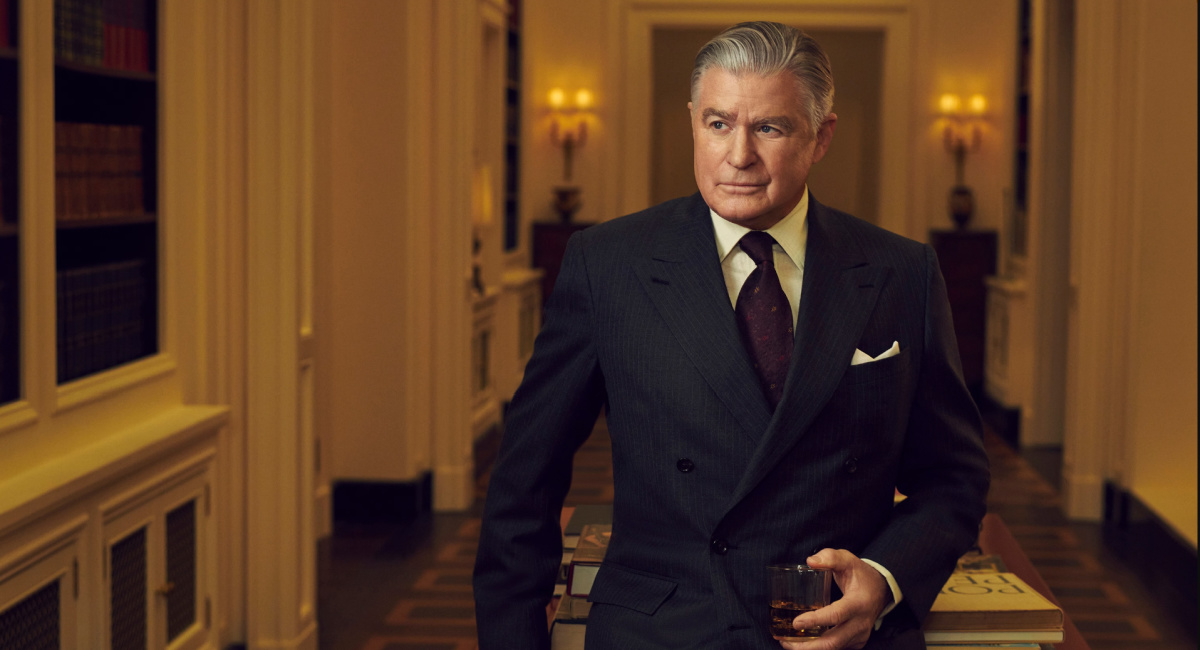
Treat Williams as Bill Paley in 'Feud: Capote vs. The Swans.' Photo: FX.
Other Gus Van Sant Movies:
- 'Mala Noche' (1986)
- 'Drugstore Cowboy' (1989)
- 'My Own Private Idaho' (1991)
- 'Even Cowgirls Get the Blues' (1994)
- 'To Die For' (1995)
- 'Good Will Hunting' (1997)
- 'Psycho' (1998)
- 'Finding Forrester' (2000)
- 'Gerry' (2002)
- 'Elephant' (2003)
- 'Last Days' (2005)
- 'Paranoid Park' (2007)
- 'Milk' (2009)
- 'Restless' (2011)
- 'Promised Land' (2012)
- 'The Sea of Trees' (2016)
- 'Don't Worry, He Won't Get Far on Foot' (2018)
Buy Gus Van Sant Movies on Amazon











